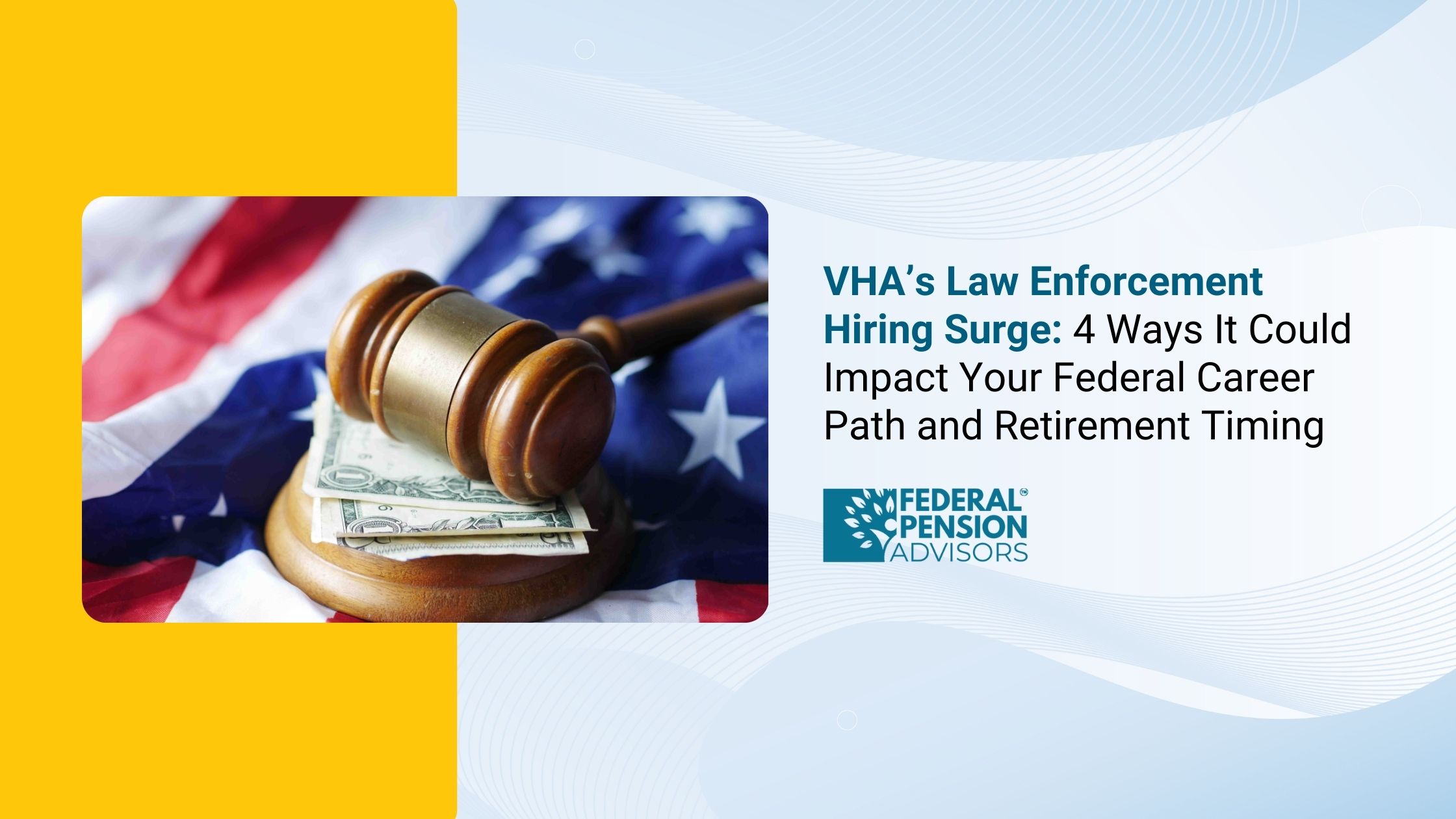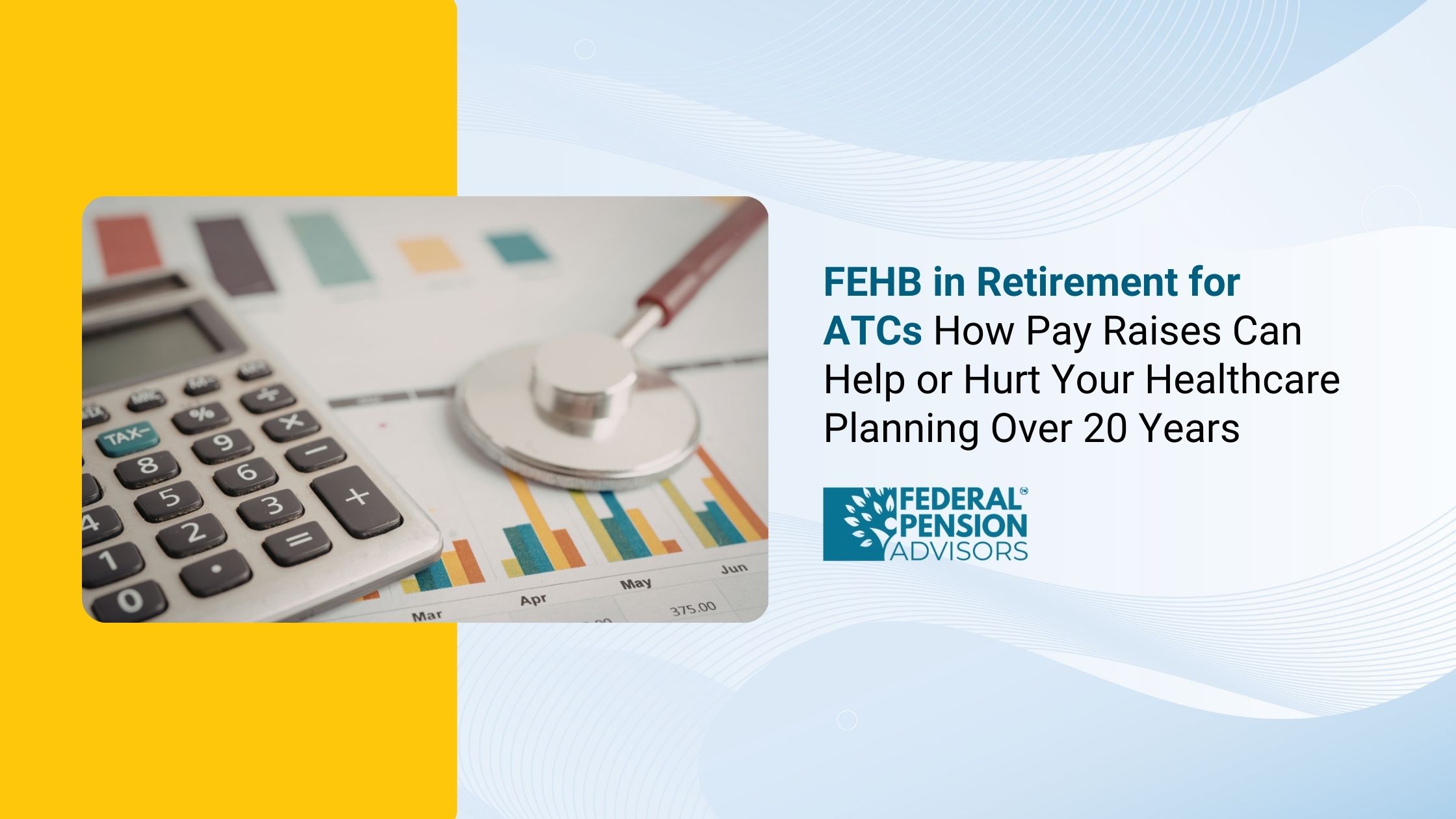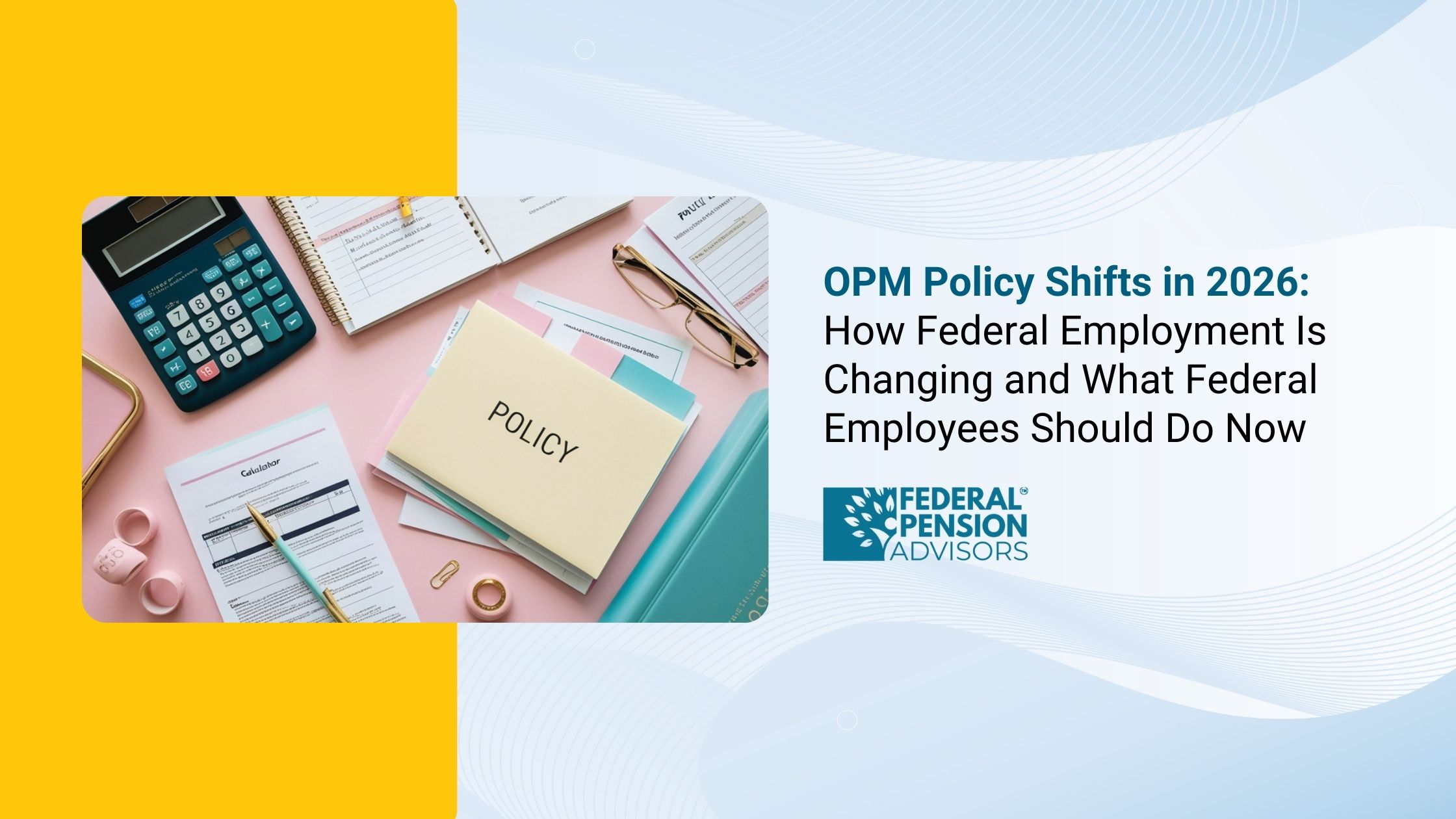You’re not alone; 4,359 federal employees booked their free review.

Can Federal Employees Be Fired Without Cause?
Federal jobs are often seen as some of the most secure positions in the workforce. But does that mean federal employees can’t be fired? The short answer is yes—they can. However, the process is much more complex than in the private sector, with specific protections and rules that employees should understand.
If you’re a federal worker concerned about job security, disciplinary action, or how termination could affect your federal retirement benefits, this guide is for you.
Can Federal Employees Be Fired?
Yes, but it’s not simple. Unlike at-will employees in the private sector, federal workers are protected by civil service laws and regulations. These laws ensure that employees can only be removed for just cause and with due process.
Common Grounds for Termination:
- Misconduct or insubordination
- Unacceptable performance
- Security clearance revocation
- Violations of law or regulation
- Reduction in Force (RIF) due to budget cuts or restructuring
Each case requires evidence, documentation, and a series of procedures that agencies must follow before finalizing a removal.
What Protections Do Federal Employees Have?
According to the U.S. Office of Personnel Management (OPM) and legal experts, most federal employees (especially those under career or career-conditional appointments) are entitled to:
- Advance written notice of proposed removal
- A chance to respond to the charges
- Representation by legal counsel or a union rep
- An appeal process through the Merit Systems Protection Board (MSPB)
This means you can’t just be fired overnight—the process can take weeks or even months unless you're in a probationary period or national security issues are involved.
What If You're in a Probationary Period?
If you're a new federal hire in a probationary period (typically your first year), the agency can terminate your employment with fewer procedural protections. That said, even probationary employees can’t be fired for illegal reasons such as discrimination or whistleblower retaliation.
You may want to read - how many federal employees have been fired in 2025
What Happens to Your Pension If You’re Fired?
Many federal employees worry that termination automatically results in loss of pension benefits. That’s not true in most cases.
Here's what you need to know:
- If you’re vested (usually with at least 5 years of creditable service under FERS), you may still be eligible for your pension—even if you’re terminated.
- The only scenario where a pension is revoked is if you’re convicted of certain crimes against the federal government (e.g., espionage, treason).
Separation before retirement eligibility might delay your ability to collect, but your benefits can be deferred or preserved.
What If There Are Government-Wide Cuts or RIFs?
In some cases, federal employees are let go not for personal performance or misconduct, but due to agency downsizing or budget reductions. These are called Reductions in Force (RIFs).
In a RIF:
- Your length of service, veteran status, and performance ratings are considered.
- You might be offered early retirement (VERA) or involuntary separation with certain benefits.
- You may qualify for unemployment and retirement counseling.
Note: If you're facing a RIF, this is a good time to consult with a retirement advisor to explore your options.
Is It Better to Resign or Be Fired from the Federal Government?
If you’re facing a potential termination for misconduct, it’s often a better option to be fired than to resign.
Here’s why:
- Resigning can harm your record: When you resign from a federal job, it’s often seen as voluntary, and your employment record could be negatively impacted. This could make it harder for you to get rehired by another federal agency in the future.
- Fired allows for a challenge: If you’re fired, you may have the option to challenge the termination through an appeal process, including filing a claim with the Merit Systems Protection Board (MSPB).
- Unemployment benefits: If you’re fired, you may be eligible for unemployment benefits, which could help ease the financial transition until you find a new position.
However, every situation is different. If you’re considering resignation, make sure to consult a legal or retirement professional to ensure it won’t hurt your future opportunities.
Can Federal Employees Be Fired Without Cause?
Federal employees are not at-will employees, meaning they cannot be fired without just cause. Agencies must demonstrate a legitimate reason for termination, typically related to poor performance, misconduct, or other violations of federal rules.
What happens if you believe you were fired without cause?
If you believe your firing was unjust, you may appeal the decision to the Merit Systems Protection Board (MSPB). The MSPB ensures that federal employees are treated fairly and helps to safeguard against wrongful terminations.
Grounds for an appeal can include:
- Discrimination (based on race, gender, age, etc.)
- Retaliation (such as retaliating for whistleblowing)
- Failure to follow proper procedures in the termination process
What Should You Do If You Feel at Risk?
If you're worried about being fired or believe you're at risk of termination, it’s essential to take proactive steps to protect your job and your future:
- Document everything: Keep detailed records of performance reviews, disciplinary actions, and any incidents that might affect your standing.
- Consult with a retirement advisor: Whether facing potential job loss or retirement, understanding how your situation affects your FERS benefits or TSP is essential.
- Know your rights: Familiarize yourself with your due process rights and the appeal process through MSPB or your union if applicable.
Final Thoughts
While federal employment offers strong protections, it’s not immune to discipline or termination. Knowing your rights and understanding how job loss impacts your retirement is the smartest way to protect your financial future.


Get Updated
Subscribe to our weekly updates for the latest on retirement planning, federal benefits, exclusive webinars, and more!
Download Federal Retirement: Step-by-step Checklist
This comprehensive guide will help you understand your federal benefits, optimize your savings, and plan for a comfortable future.



.png)








